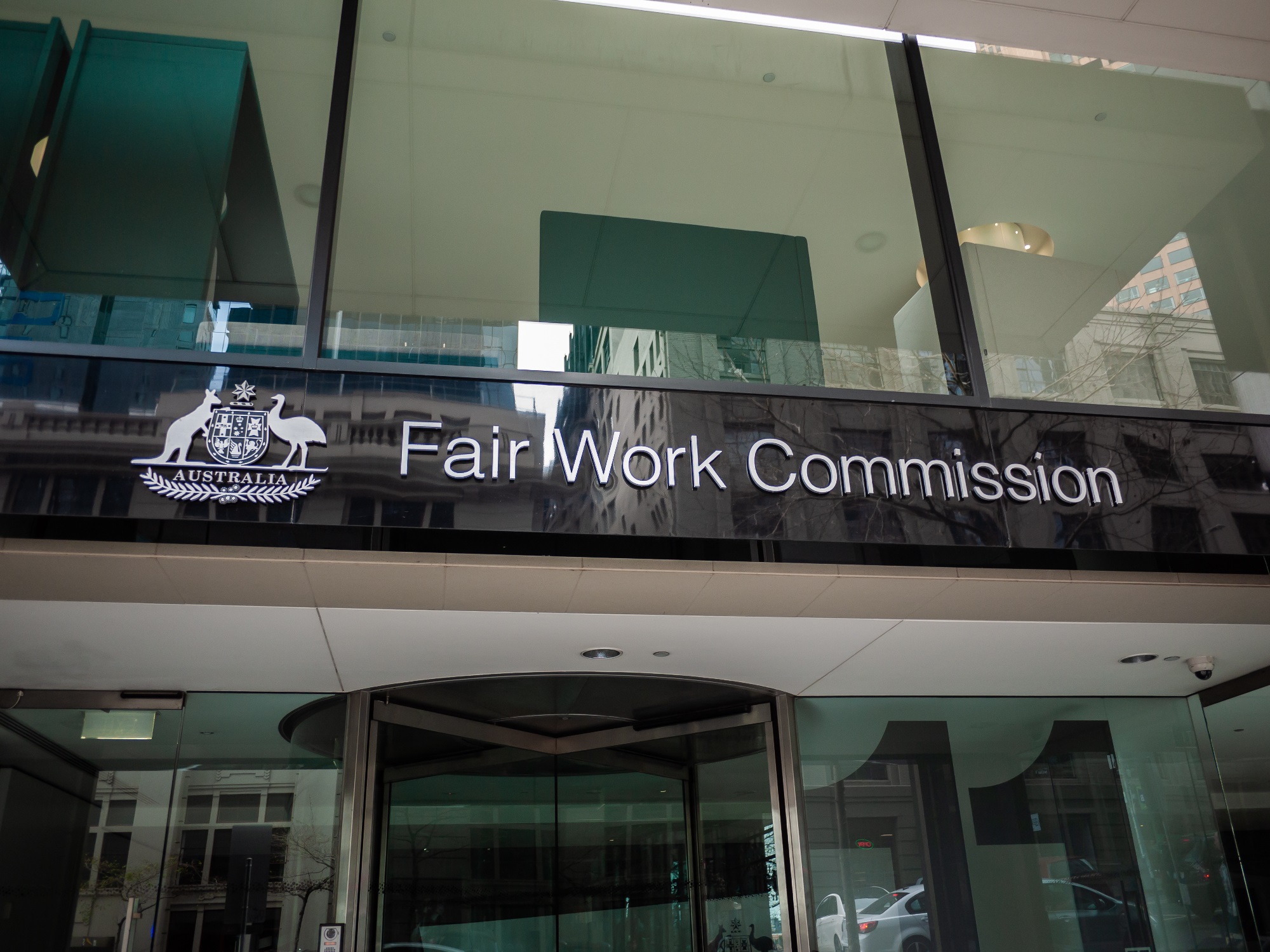The passage of the Fair Work Legislation Amendment (Secure Jobs, Better Pay) Act 2022 (Cth) has brought about significant changes to the obligation on employers to provide Flexible Working Arrangements. Holman Webb foreshadowed these changes in our October 2022 article The Future of Flexible Work: Amendments to the Fair Work Act 2009.
In this article, we will discuss the specific changes.
The changes come into force on 6 June 2023. It is important that employers consider the changes, given the prevalence of flexible working arrangements in the aftermath of the COVID-19 lockdowns




![Deliveroo is not an Employer: Decision of Full Bench of the Fair Work Commission in Deliveroo Australia Pty Ltd v Franco [2022] FWCFB 156](/upload/holman-webb-lawyers/shutterstock762257059-deliveroo.jpg)


